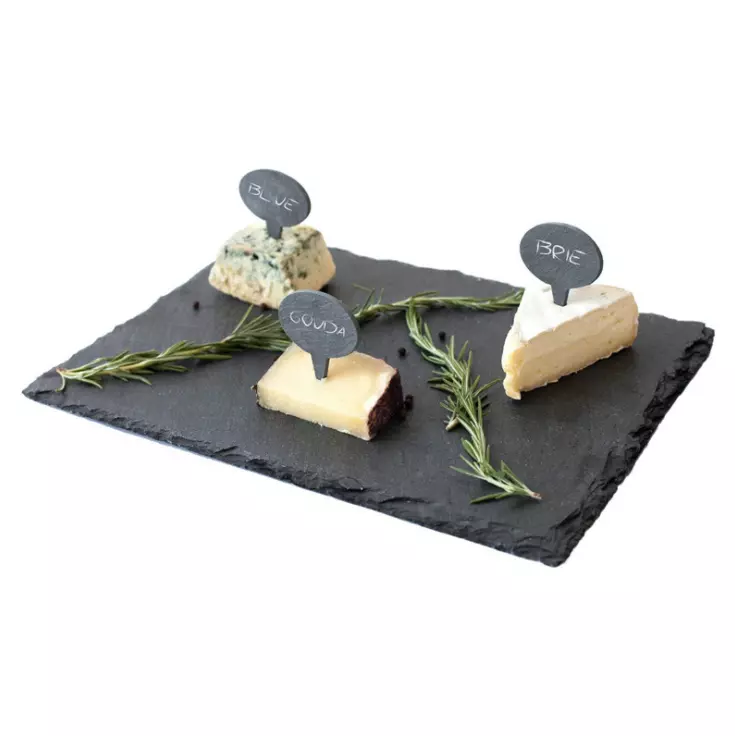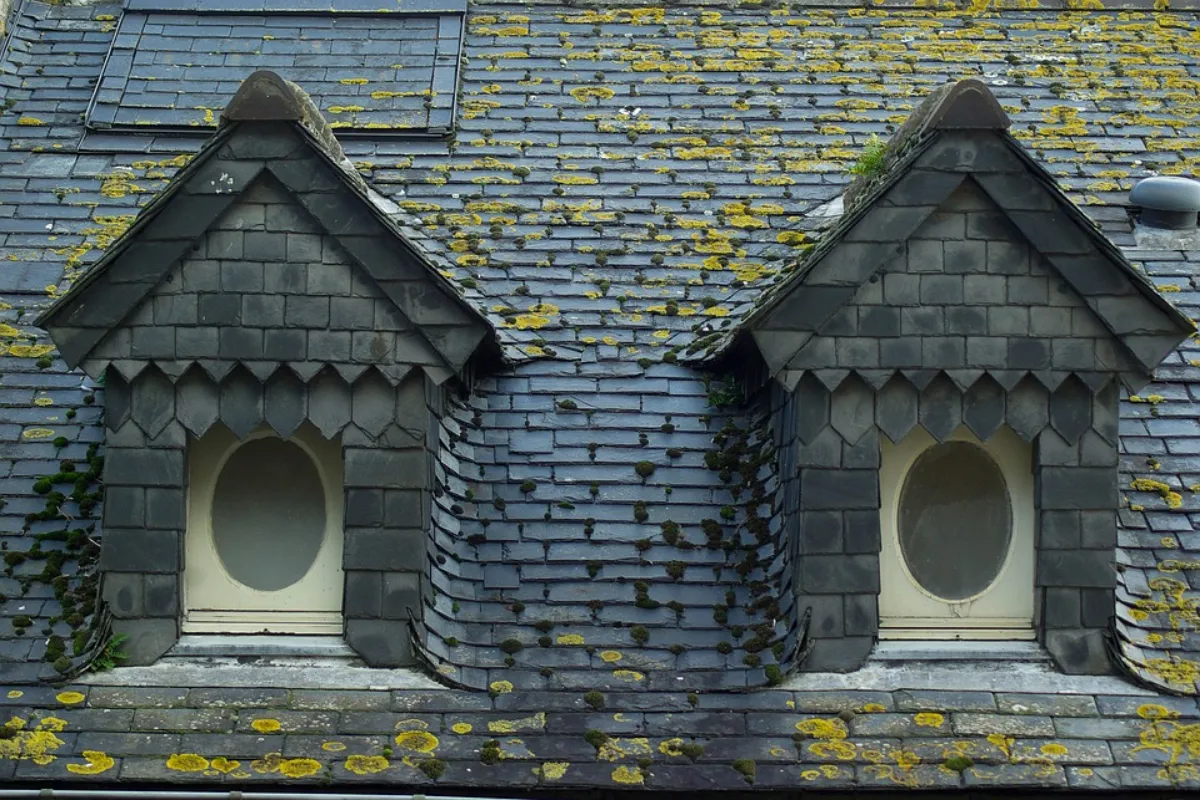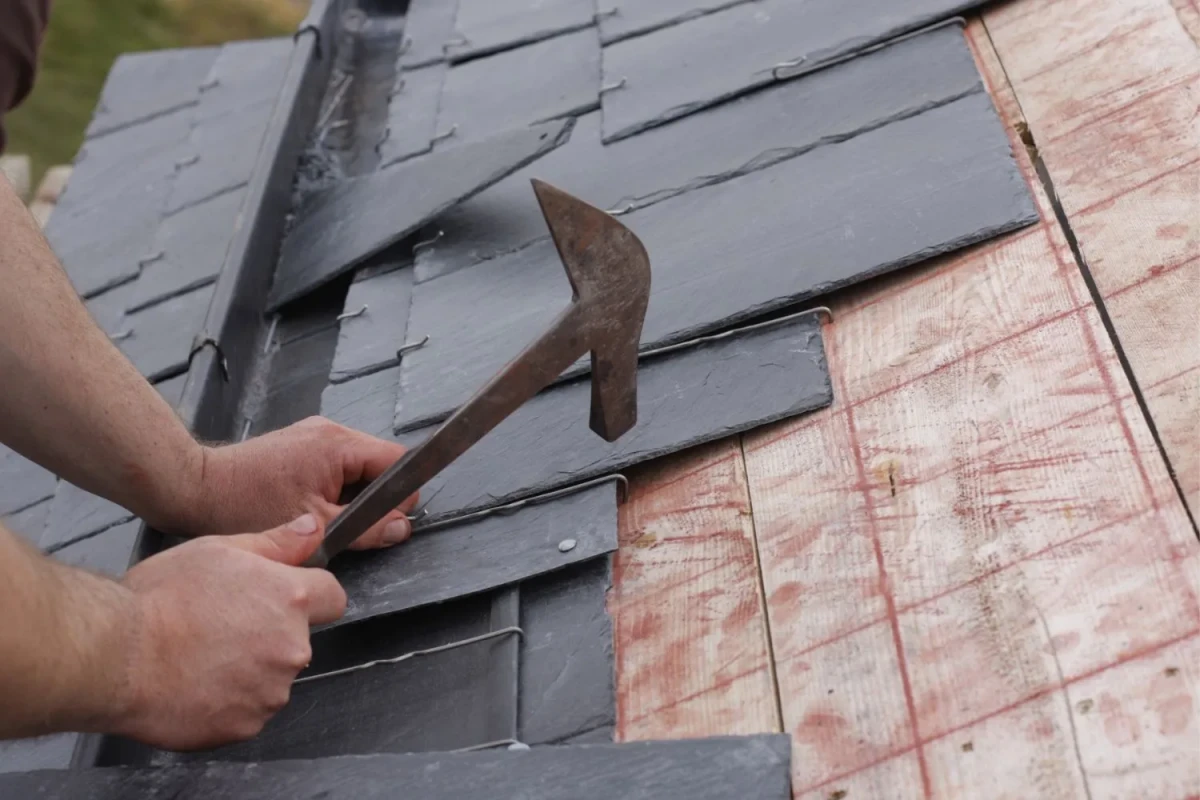Does Slate Tableware Have Radiation?
For the definition of slate, there is still no consensus or an industry standard. Some views believe that rock slabs are obtained from the sedimentary rocks formed after volcanic eruptions, and then processed and manufactured. In decorative applications, they have practicality such as hard wear resistance, high temperature resistance, and corrosion resistance. Soft feeling, vivid texture and other decorative properties. At the same time, rock panels have also learned from and absorbed the advantages of ceramic thin plates and large plates, and continuously enriched product specifications, styles, designs, colors and textures, as well as their designs and applications.
How about slate?
Slate was born as a new material. Moreover, rock slabs have the potential to “come from behind” and become an innovative material that has attracted much attention both inside and outside the industry. It is true that slate not only has the function of conventional tiles, can be applied to wall and floor decoration, but also further expands the application field in interior decoration, and can be used as a material for various furniture finishes and countertops. Therefore, unlike ceramic large slabs, thin slabs and medium slabs, the naming of rock slabs is no longer limited to expressing specifications and characteristics, but more focused on the embodiment of physical properties and decorative effects.
Advantages of slate:
Slate has the characteristics of large size, strong moldability, various colors, high temperature resistance, scratch resistance, impermeability, acid and alkali resistance, zero formaldehyde, environmental protection and health. It satisfies the application of home customization aesthetics very well. It can be cut arbitrarily, combined freely, and highly customized. It is widely pursued by many user groups who pursue high-quality life aesthetics.
Disadvantages of slate:
- 1. Texture
Unlike stone and other countertop materials, slate does not have a textured, all-through design. The pattern is basically printed on the surface. At present, rock slab manufacturers are also working hard to realize the whole body design of rock slabs, which has achieved remarkable results. - 2. Limited Supply and Availability
Another downside is finding a supplier and then finding a manufacturer who understands the material. If you’re shopping around for people who make porcelain countertops, you’ll want to check prices, which can vary widely. But in general, finding a manufacturer with a competitive price should be achievable.
Does slate have radiation?
Slate has no radiation. Slate is a natural inorganic environmental protection material that does not release radioactive substances. It belongs to sintered stone. It is made of natural raw materials through a special process and pressed by a press weighing tens of thousands of tons, and fired at a high temperature of 1500 degrees Celsius.
Does slate have formaldehyde?
No formaldehyde. Slate is a new type of porcelain material made of natural raw materials through a special process, pressed by a press of more than 10,000 tons, combined with advanced production technology, and fired at a high temperature above 1200 degrees Celsius. It can withstand cutting, drilling, and grinding. No formaldehyde is added during the whole production process, so it is formaldehyde-free.
2023-06-01





